Kadura is an Arabica variety. Kadura coffee beans.
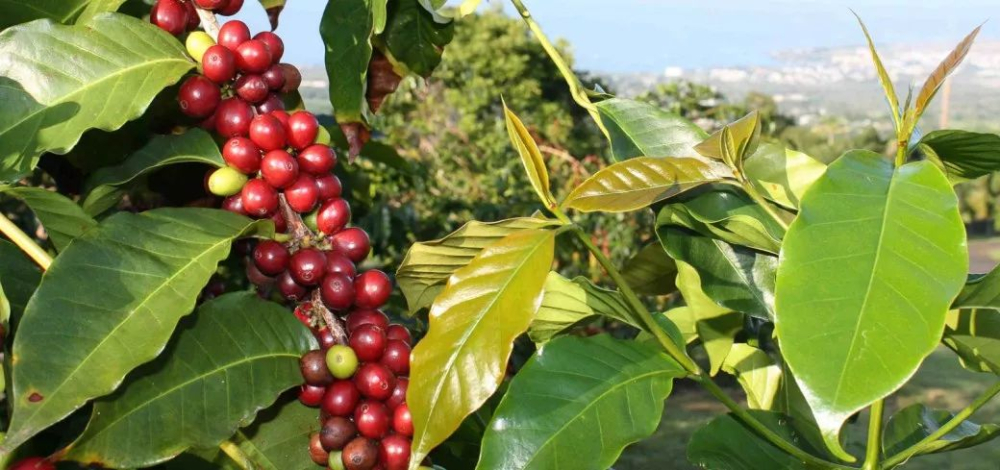
Kaddura, one of the varieties under the Arabica branch, is a derivative of the ancient variety Bourbon. Because of its high yield and good flavor, it is widely planted in Central and South America. The list of beans with lots of coffee on the front street, such as the flower god of Guatemala, the lychee orchid of Honduras, the Rose Valley of Colombia, the flower butterfly of Panama, and so on, all contain the Kaddura variety.
Kaddura was first discovered between 1915 and 1918 when a group of genes mutated in Bourbon on a plantation in the Brazilian state of Minas Gerais, causing the plant to become smaller (similar to dwarfism). This new kind of coffee, which is expressed in a new biological form, is called "Caturra" in Guarani by locals, which means "small". It is sometimes called "Nanico".
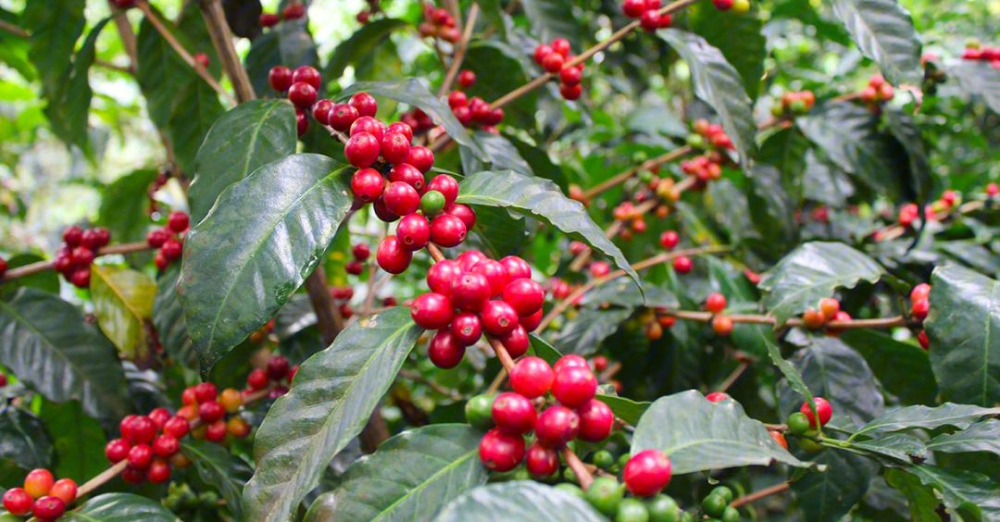
As Kaddura can be compact and intensive planting, it is very convenient for growers to take care of and harvest. Unlike other fragile Arabica varieties that need shade trees, Kaddura is exposed to the sun for a long time, also known as "exposed coffee" (Sun Coffee). Kaddura is very adaptable and can be planted at an altitude of 700m to 1700m. The higher the altitude, the better the flavor, but the yield will decrease. Kaddura, which is planted in 2500~3500ml area with annual precipitation at 120000m above sea level, has the best performance, and its quality and yield are well guaranteed. Kaddura is the winner of many coffee competitions because of its bright acidity, fruity taste, chocolate and sweet nuts after medium and deep roasting.
Kaddura also has its drawbacks. High-yield plants are easily crushed under higher density, and growers need to invest more fertilizer and management costs in order to produce coffee cherries. In addition, Kaddura's disease resistance is weak, the resistance to nematodes, coffee leaf rust and other diseases is not high, so it is also easy to wilt.
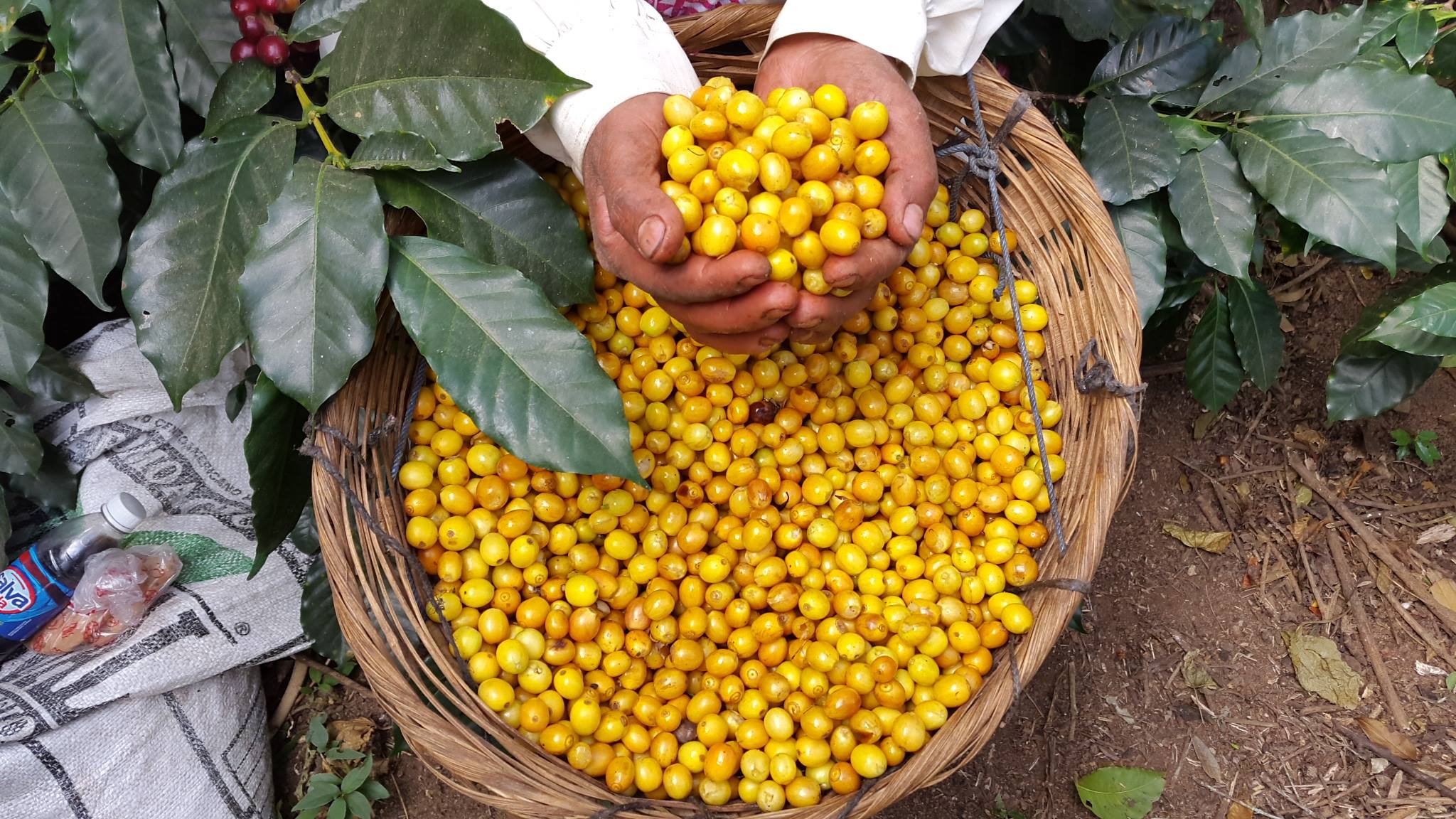
According to the color of the fruit, Kaddura can be divided into red, yellow and purple. Red Kaddura (Caturra Velmelho) is the most common, and its flavor varies according to its origin, treatment and baking. Caturra Amarello and Purple Caturra are relatively rare and belong to a variety of invisible genes.
If you want to know the flavor characteristics of this variety, Qianjie recommends Colombian Huilan food beans, a naturally washed red Cadura variety. The washed Huilan grain beans are not only soft sour, but also suitable for mellow and sweet. Qianjie hopes to present classic Colombian nut notes and retains part of the acidity, choosing medium-deep baking. Before each coffee bean is launched in Qianjie, there will be at least one cup test and evaluation, which allows us to reflect the advantages and disadvantages of coffee more objectively.
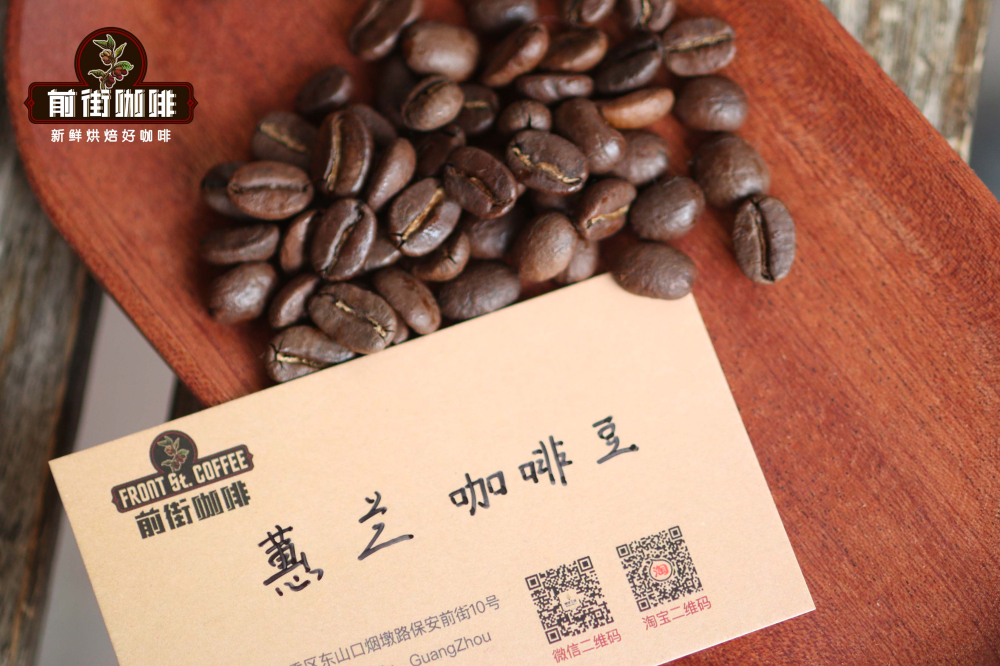
Considering that Huilan food beans are roasted in medium depth, the flavor tends to be full-bodied and mellow, and the deepening of roasting makes the texture of coffee beans looser and coffee powder more absorbent, so it will choose medium grinding. In order to avoid excessive miscellaneous flavor extraction, Qianjie will lower the water temperature a little bit, medium water temperature of 90 degrees Celsius, with KONO filter cup for extraction.
Unlike the V60 filter cup, the only exhaust part of the KONO filter cup is in the 1/4 ribs. When the water level passes over the ribs, the water volume of the filter cup continues to rise, increasing the pressure through the weight of the water. Because the outlet is relatively small, it can prolong the contact time between coffee particles and water, and bring out the soluble matter more effectively as the water is injected, thus improving the mellow and full-bodied taste of coffee.
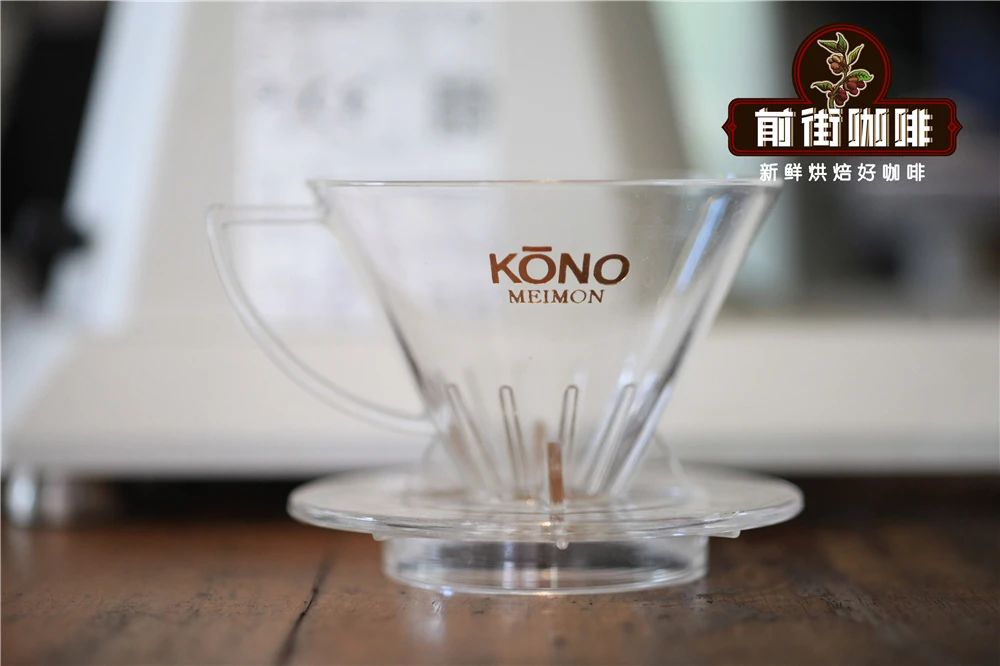
Cooking parameters: KONO filter cup, water temperature of 90 degrees Celsius, screening rate of No. 20 standard sieve 75% grinding degree, ratio of powder to water at 1:15, powder quantity: 15g, three-stage extraction
Pour the coffee powder into the V60 filter cup, wet the powder bed with twice as much water as the coffee powder, form a drum and steam for 30s, then fill the small water from the inside to the outside to 125g, wait for the powder bed to drop to half of the filter cup, and continue to pour the same fine water into the third section to 225g, until all the coffee liquid has been filtered and remove the filter cup for about 2 minutes.
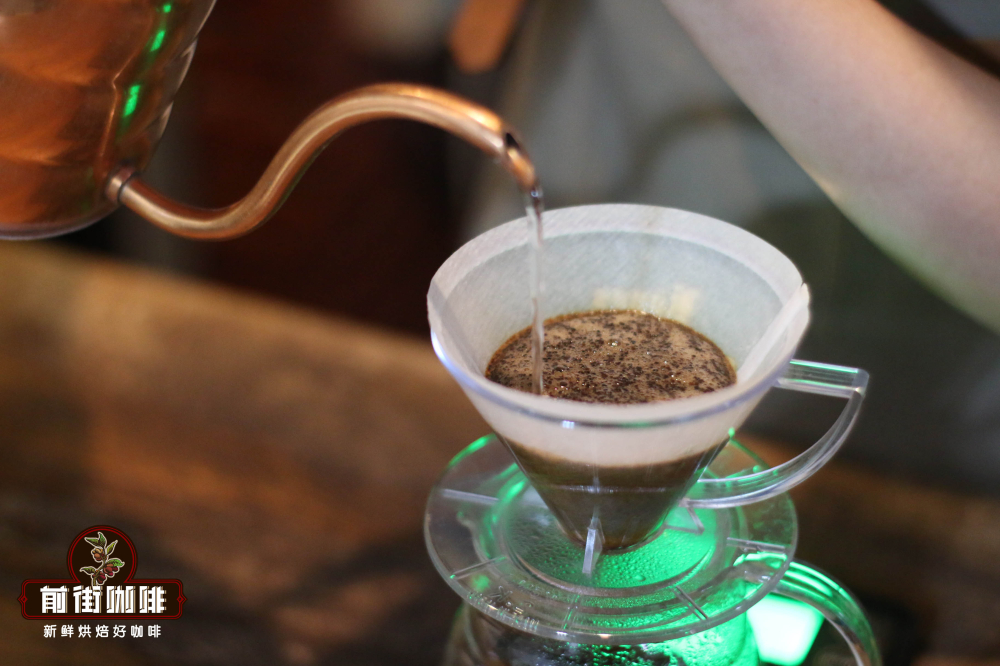
This Colombian Huilan food bean has obvious chocolate, nut, caramel and other baking aromas, smooth and sweet, mellow thickness, clean taste and pleasant soft acidity as the temperature drops.
Professional coffee knowledge exchange more coffee bean information please follow the coffee workshop (Wechat official account cafe_style)
For more boutique coffee beans, please add private Qianjie coffee on Wechat. WeChat account: qjcoffeex
Important Notice :
前街咖啡 FrontStreet Coffee has moved to new addredd:
FrontStreet Coffee Address: 315,Donghua East Road,GuangZhou
Tel:020 38364473
- Prev
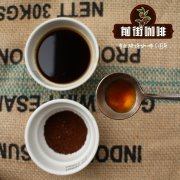
Differences in taste and flavor between coffee bean varieties Arabica, Robusta and Liberica
Professional coffee knowledge exchange more coffee bean information please follow the coffee workshop (Wechat official account cafe_style) front street coffee-coffee varieties and characteristics of Arabica varieties: from beans, Arabica varieties should be the first
- Next
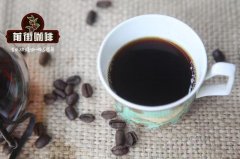
Kadura Blend Kaduai Coffee Bean Introduction Kaduai Coffee Bean Characteristics Introduction
Professional coffee knowledge exchange More coffee bean information Please pay attention to coffee workshop (Weixin Official Accounts cafe_style) Front Street Coffee-Kaduai Coffee Features Introduction Catuai: "Catuai" Kaduai is a hybrid of New World and Kadura, which can be described as a mixed second generation. It inherited the advantages of Khadura's low tree trunk, helped inherit the advantages of Khadura's low tree trunk, and changed the new world.
Related
- Beginners will see the "Coffee pull flower" guide!
- What is the difference between ice blog purified milk and ordinary milk coffee?
- Why is the Philippines the largest producer of crops in Liberia?
- For coffee extraction, should the fine powder be retained?
- How does extracted espresso fill pressed powder? How much strength does it take to press the powder?
- How to make jasmine cold extract coffee? Is the jasmine + latte good?
- Will this little toy really make the coffee taste better? How does Lily Drip affect coffee extraction?
- Will the action of slapping the filter cup also affect coffee extraction?
- What's the difference between powder-to-water ratio and powder-to-liquid ratio?
- What is the Ethiopian local species? What does it have to do with Heirloom native species?

